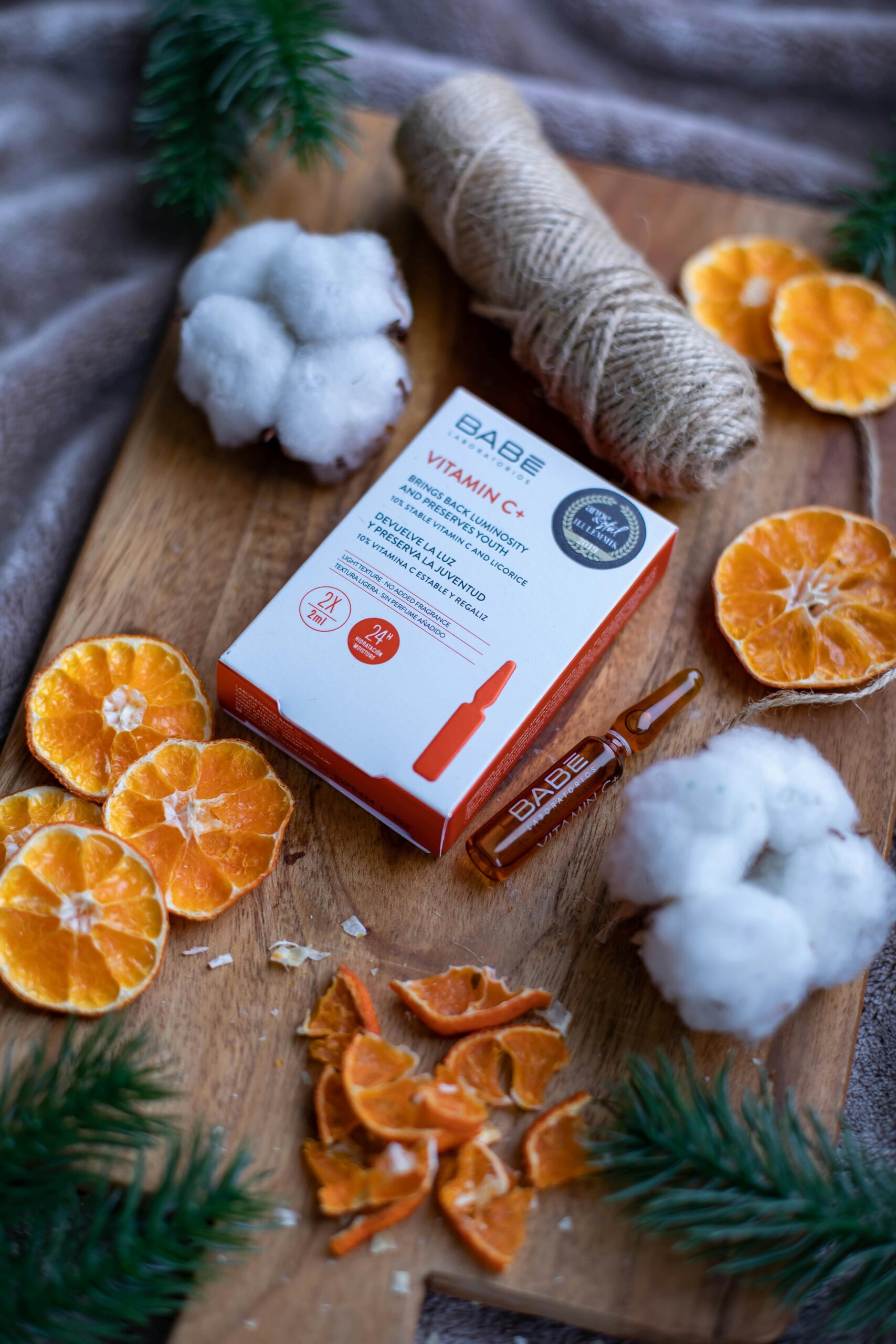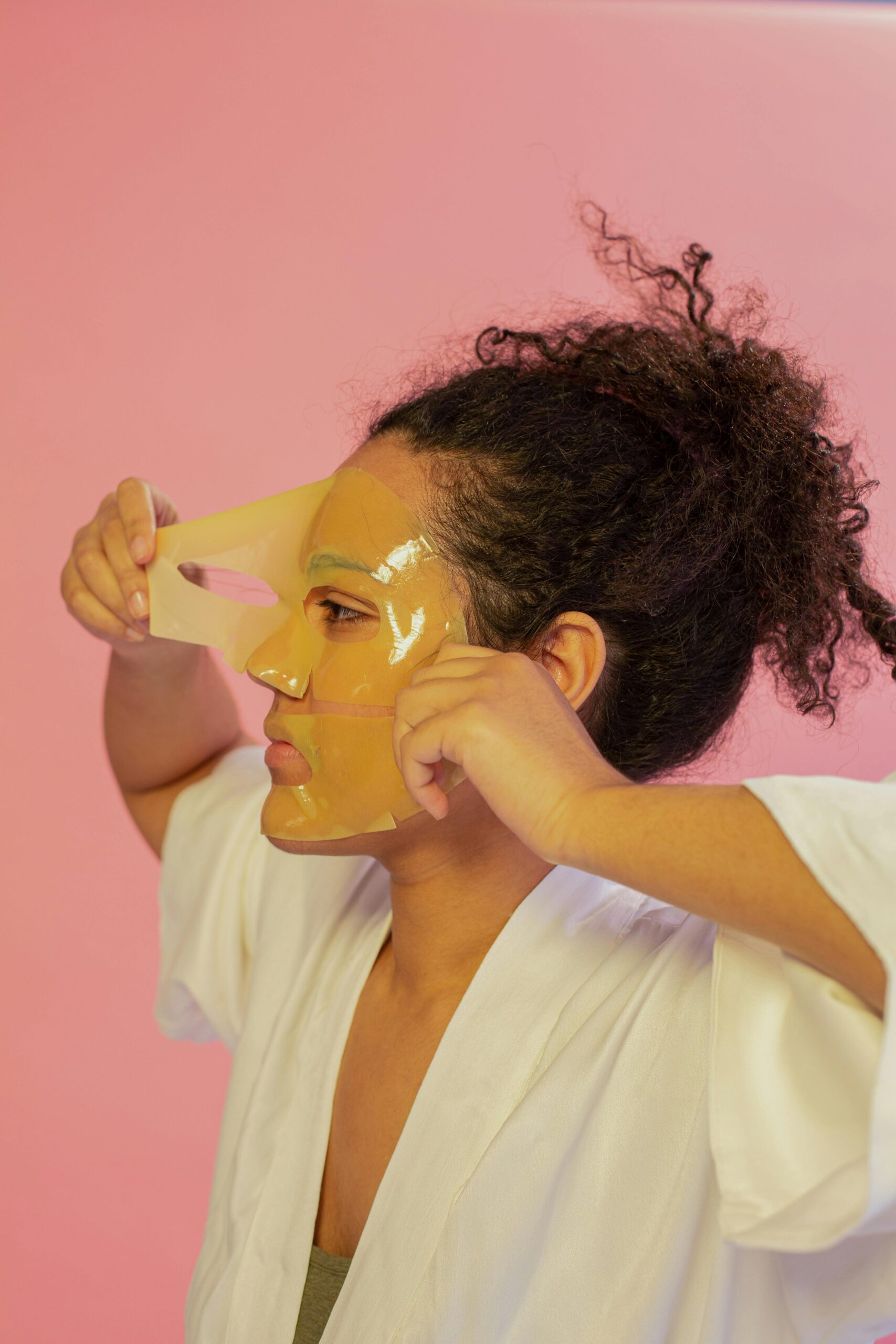Sunscreen is a vital component of any skincare regimen, yet numerous myths and misconceptions surrounding SPF can lead to confusion and misinformation. One prevalent myth is that higher SPF numbers offer substantially more protection than lower ones. In reality, SPF 30 blocks approximately 97% of UVB rays, whilst SPF 50 blocks about 98%, and SPF 100 blocks roughly 99%.
The difference in protection is minimal, and no sunscreen can provide 100% protection. It is also important to note that SPF only measures protection against UVB rays, which cause sunburn, but not UVA rays, which contribute to skin ageing and can also cause skin cancer. One should look for a broad-spectrum sunscreen that protects against both UVA and UVB rays for comprehensive protection.
Another myth is that sunscreen is unnecessary on cloudy days or during the winter. The truth is that UV rays can penetrate clouds and cause damage to one’s skin, even on overcast days. Additionally, snow, sand, and water can reflect and amplify UV rays, increasing the risk of sun damage.
It is important to wear sunscreen every day, regardless of the weather or season. Lastly, some people believe that sunscreen is only necessary when spending extended periods of time outdoors. However, even incidental sun exposure from activities such as driving or walking to the shops can accumulate over time and contribute to premature ageing and skin damage.
Incorporating sunscreen into one’s daily skincare routine is essential for maintaining healthy, youthful skin.
Summary
- SPF alone is not enough to protect your skin from the sun; it should be used in conjunction with other sun protection measures such as seeking shade and wearing protective clothing.
- “Natural” skincare products may still contain synthetic ingredients, and not all natural ingredients are safe or effective for skincare.
- Moisturizers help to maintain the skin’s natural barrier and prevent water loss, but they do not actually add moisture to the skin.
- Acne and oily skin are not solely caused by poor hygiene or diet; genetics, hormones, and other factors play a significant role.
- Anti-aging products can help improve the appearance of aging skin, but they cannot reverse the aging process or completely eliminate wrinkles and fine lines.
- DIY skincare remedies may not be as effective or safe as commercially produced products, and some ingredients can cause irritation or allergic reactions.
- Skincare routines should be tailored to individual skin types and concerns, as one-size-fits-all approaches may not address specific needs.
Unpacking the Myth of “Natural” Skincare
The concept of “natural” skincare has gained popularity in recent years, with many people believing that natural products are inherently better and safer for the skin. However, the term “natural” is not regulated, and it can be misleading. Just because a product is labeled as natural doesn’t mean it’s free from potentially irritating or harmful ingredients.
In fact, some natural ingredients can cause allergic reactions or skin sensitivities in certain individuals. It’s important to remember that natural doesn’t always mean better, and synthetic ingredients can be safe and effective in skincare products. Another common myth is that natural skincare products are always more gentle and suitable for sensitive skin.
While some natural ingredients may be soothing and beneficial for sensitive skin, others can be harsh and irritating. Essential oils, for example, are often used in natural skincare but can cause irritation and allergic reactions in some people. It’s essential to research and understand the ingredients in your skincare products, whether they are natural or synthetic, to ensure they are suitable for your skin type and concerns.
Ultimately, the most important factor in choosing skincare products is their safety and effectiveness, regardless of whether they are natural or synthetic.
Moisturizers are a fundamental part of any skincare routine, but there are several myths surrounding their use and effectiveness. One common myth is that moisturizers can make oily skin worse. In reality, moisturizers are essential for all skin types, including oily skin.
When the skin is dehydrated, it can produce more oil to compensate, leading to an increase in oiliness and potential breakouts. Using a lightweight, non-comedogenic moisturizer can help balance oil production and keep the skin hydrated without clogging pores. Another myth is that all moisturizers are the same, and any product will do the job.
In reality, different moisturizers are formulated to address specific skin concerns, such as dryness, aging, or sensitivity. It’s essential to choose a moisturizer that is suitable for your skin type and concerns to ensure it provides the necessary hydration and benefits. Additionally, some moisturizers contain active ingredients like hyaluronic acid, ceramides, or antioxidants that can provide additional benefits beyond basic hydration.
Understanding your skin’s needs and choosing a moisturizer tailored to those needs is crucial for maintaining healthy, balanced skin.
Breaking Down the Misconceptions About Acne and Oily Skin
Acne and oily skin are common skincare concerns that are often surrounded by myths and misconceptions. One prevalent myth is that acne is caused by poor hygiene or dirty skin. In reality, acne is primarily caused by a combination of factors, including excess oil production, clogged pores, bacteria, and inflammation.
While keeping the skin clean is important for overall skin health, over-cleansing or harsh scrubbing can actually worsen acne by stripping the skin of its natural oils and causing irritation. Gentle cleansing and targeted acne treatments are more effective strategies for managing acne. Another myth is that oily skin doesn’t need moisturizer.
While it may seem counterintuitive to apply moisturizer to already oily skin, skipping moisturizer can actually exacerbate oiliness and lead to more breakouts. Oily skin still needs hydration to maintain a healthy moisture balance, but it’s essential to choose a lightweight, non-comedogenic moisturizer that won’t clog pores or feel greasy on the skin. Additionally, some ingredients like niacinamide or salicylic acid can help regulate oil production and reduce the appearance of enlarged pores, making them beneficial additions to a skincare routine for oily skin.
The Reality of Anti-Aging Products: Separating Fact from Fiction
Anti-aging products are a booming category in the skincare industry, but there are many myths and misconceptions surrounding their effectiveness and necessity. One common myth is that anti-aging products are only necessary once signs of aging are already visible. In reality, prevention is key when it comes to aging skin, and incorporating anti-aging products into your skincare routine early on can help maintain youthful-looking skin for longer.
Ingredients like retinoids, antioxidants, and peptides can help prevent and reduce the appearance of fine lines, wrinkles, and other signs of aging when used consistently over time. Another myth is that all anti-aging products work the same way and deliver immediate results. In reality, different anti-aging ingredients target specific concerns and work at different levels of the skin.
For example, retinoids work by increasing cell turnover and stimulating collagen production, while antioxidants help protect the skin from environmental damage and free radicals. It’s essential to choose anti-aging products based on your individual skin concerns and goals, as well as to have realistic expectations about the time it takes to see results. Consistency and patience are key when using anti-aging products to achieve long-term improvements in skin texture and appearance.
The Truth About DIY Skincare: Debunking Homemade Remedies
DIY skincare has gained popularity as people seek natural alternatives to commercial products, but there are several myths surrounding the effectiveness and safety of homemade remedies. One common myth is that DIY skincare is always safer and gentler than store-bought products. In reality, many DIY recipes circulating online contain ingredients that can be irritating or sensitizing to the skin when used in high concentrations or without proper formulation.
Ingredients like lemon juice, baking soda, or undiluted essential oils can cause damage to the skin barrier and lead to inflammation or allergic reactions. Another myth is that DIY skincare is more cost-effective than buying commercial products. In reality, creating effective and safe skincare formulations requires knowledge of ingredient compatibility, proper preservation methods, and formulation techniques.
Without this expertise, DIY skincare enthusiasts may end up wasting money on ineffective or potentially harmful concoctions. Additionally, commercial skincare products undergo rigorous testing for safety and efficacy, which DIY formulations do not have to adhere to. While there are some simple and safe DIY skincare options, such as honey masks or oatmeal scrubs, it’s essential to approach homemade remedies with caution and research their potential risks before applying them to your skin.
Dispelling the Myth of One-Size-Fits-All Skincare Routines
One common myth in skincare is that there is a universal routine or set of products that will work for everyone. In reality, skincare needs vary widely from person to person based on factors such as skin type, concerns, age, lifestyle, and environmental influences. What works for one person may not work for another, so it’s essential to tailor your skincare routine to your individual needs rather than following generic advice or trends.
Another myth is that more products equal better results. In reality, using too many products or layering multiple active ingredients can overwhelm the skin and lead to irritation or sensitivities. A minimalist approach focusing on gentle cleansing, hydration, sun protection, and targeted treatments for specific concerns is often more effective than bombarding the skin with an extensive lineup of products.
It’s important to listen to your skin’s needs and adjust your routine as necessary rather than adhering to a rigid regimen or using every trending product on the market. In conclusion, skincare myths abound in the beauty industry, but understanding the truth behind these misconceptions is crucial for making informed decisions about your skincare routine. From sunscreen protection to anti-aging products and DIY remedies, separating fact from fiction can help you achieve healthy, radiant skin without falling victim to common myths and misconceptions.
By educating yourself about skincare ingredients, formulations, and best practices, you can build a personalised routine that addresses your unique needs and concerns while avoiding potential pitfalls associated with popular myths in the world of skincare.
If you’re interested in debunking skincare myths, you might also want to check out this article on best practices for treating and preventing blackheads. It offers valuable tips and advice for maintaining clear and healthy skin, which complements the information provided in the Top 10 Skincare Myths Debunked article.




